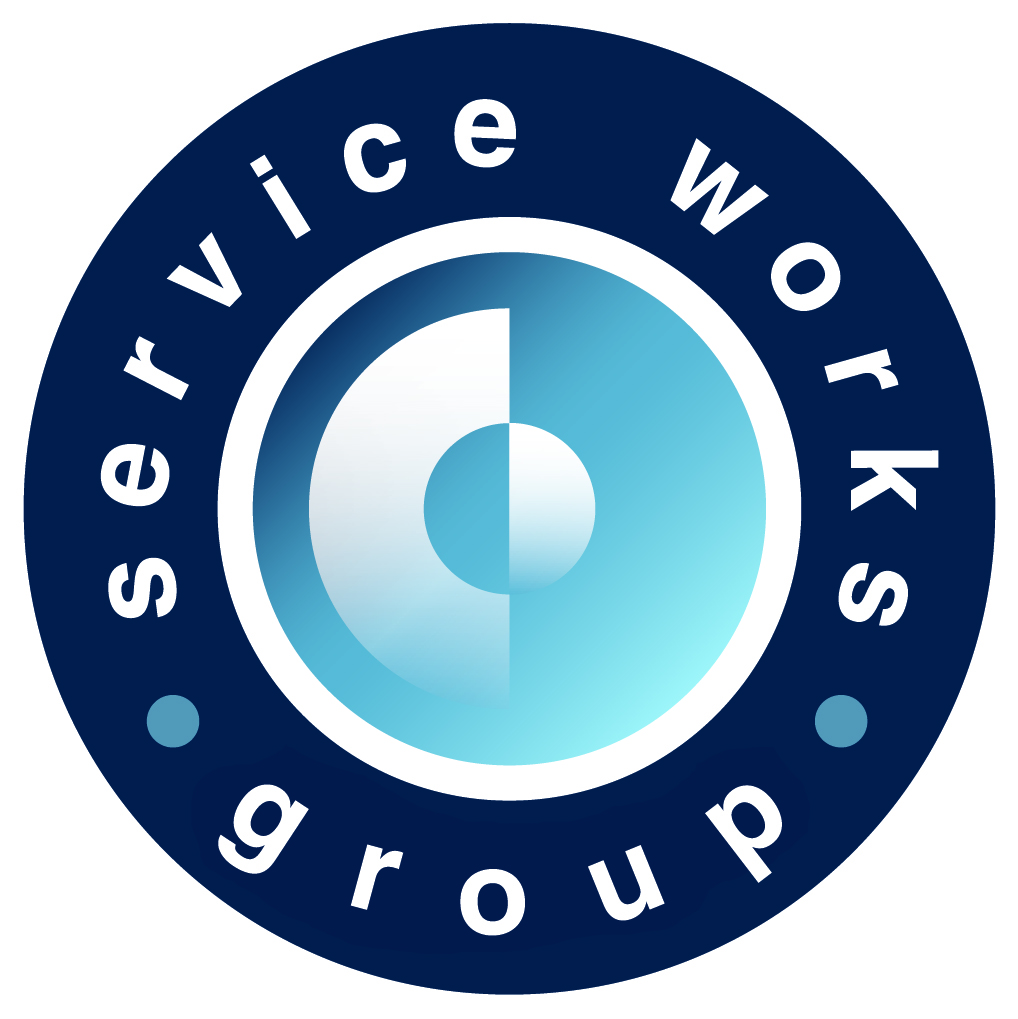This year’s World FM Day will take place on Wednesday 17th May, showcasing the essential work of facilities management teams whilst raising the profile of the profession across the globe. Activities will fall under the theme of ‘Enabling Positive Experiences’, a subject that is still rather overlooked in this sector as people tend to take a well-functioning workplace for granted until a problem is identified and the FM team is contacted.
The role of FM in actively creating positive experiences has shot up the workplace agenda, with companies such as CBRE identifying global trends that require organisational change including:
- Employees are living and working longer, requiring more flexible working patterns
- Obesity and poor lifestyle are growing trends, contributing to employer healthcare costs
- The ‘War on Talent’ has provided an impetus for companies to attract and retain staff through attractive working environments
- Rising stress leading to burnout and depression is causing lost working days and productivity, as well as increased healthcare costs
- It is now easier than ever for people to manage their health using technology, which has been blended into creating supportive workplaces.
Changes attributed to these trends include more focus on employees’ diet, exercise and even mental health to ensure productivity remains high and they stay happy. Earlier this year a new global standard was launched that focuses solely on how the building enhances the health of its occupants. The WELL Building standard is vetted by medical professionals and assesses seven areas of performance including light, air, nourishment and mental and emotional wellbeing.
FMs are also taking more responsibility for the user journey to ensure positive experience. This is especially important in environments such as healthcare where patients have more sensitive requirements and may be less able to cope with low-level adversity. For example, ensuring disabled bays are located near parking meters and accessible entrances, or positioning vending machines next to areas with longer waiting times such as A&E or X-ray. The newly built New Karolinska Solna Hospital in Sweden is notable for its patient-centric ethos throughout the design of the building and services provided. The hospital is organised based on the patient’s journey through the healthcare system, rather than the current departmental structure based on specialist expertise, to provide a smoother and more pleasant experience.
CAFM software (Computer Aided Facilities Management) is providing FMs with a high level of support in terms of data, insight and organisation, and without which managing this growing portfolio of responsibility can be demanding. However, even with an FM software system in place, it is the personal skills, determination and innovation of each team member that makes a difference to an organisation, and it is this which will be celebrated on 17th May.
To receive Service Works’ weekly blog straight to your inbox, sign up to our email service: http://swg.com/blog-signup/






